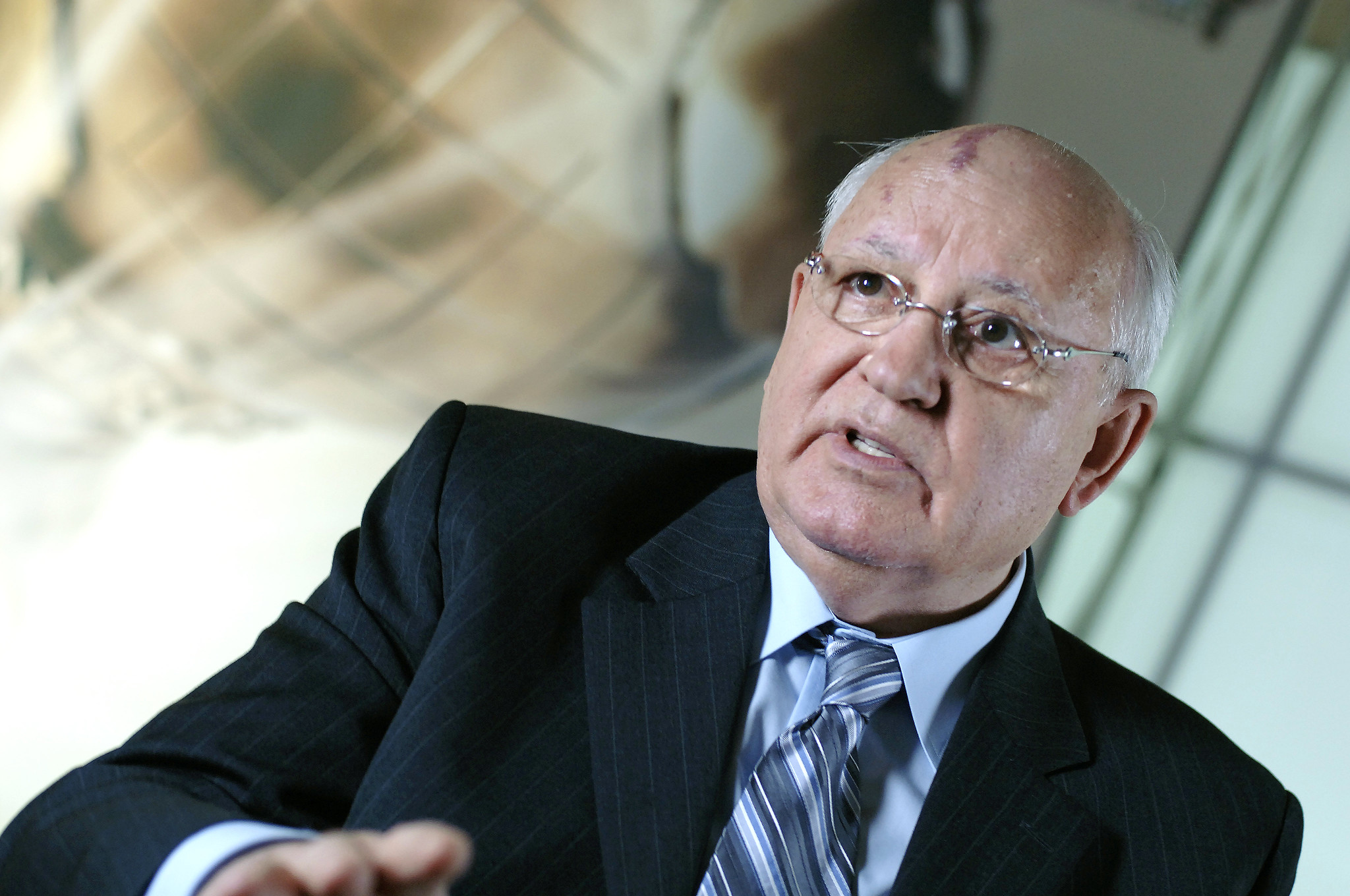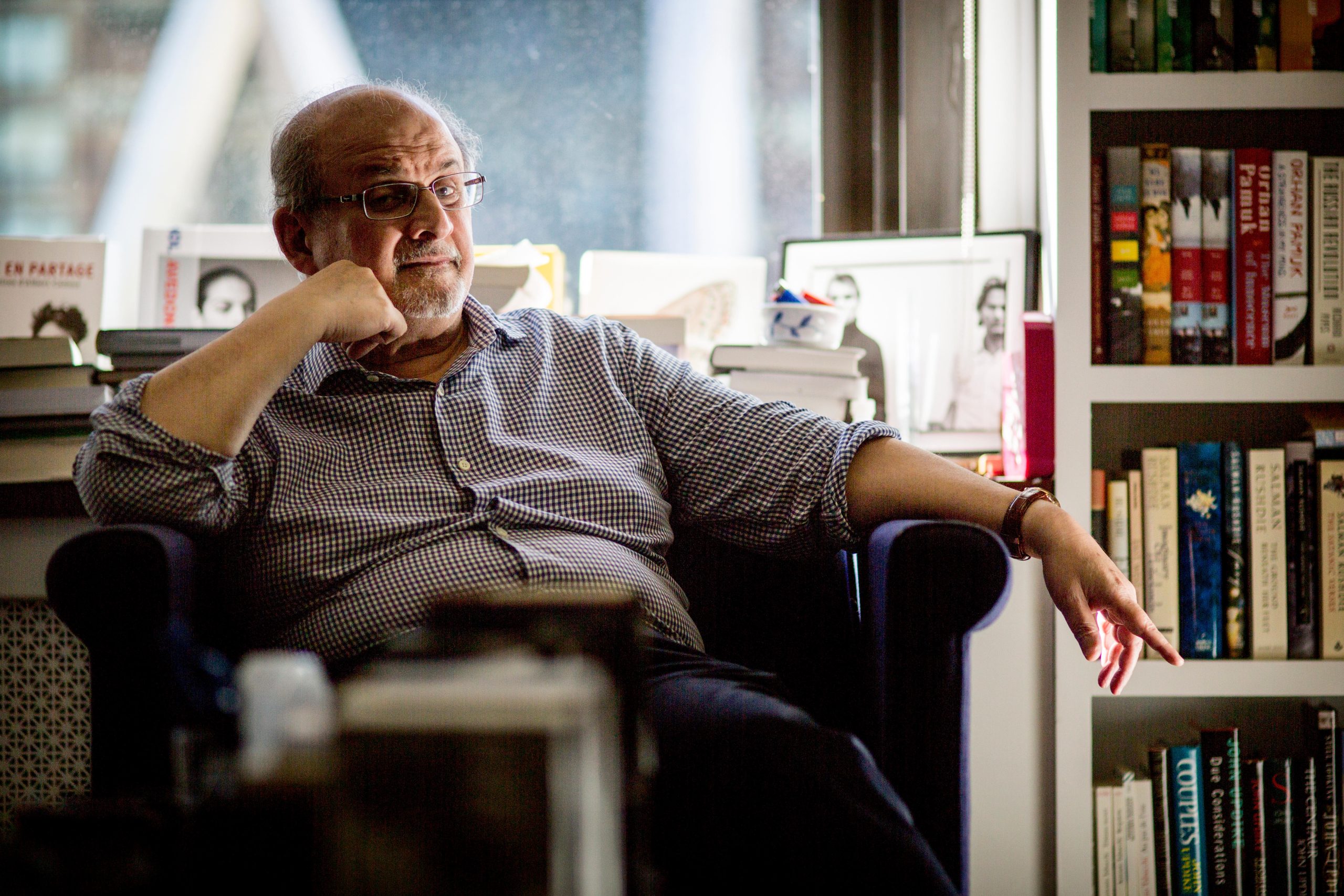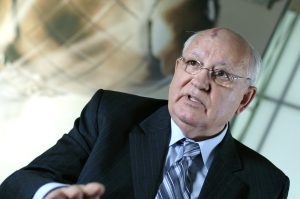4 Jan 2023 | Czech Republic, News, Russia, Slovakia
The prominent Soviet-era Russian dissident Viktor Fainberg died this week at the age of 91. Fainberg, who was a philologist, was one of the eight people who protested in Red Square, Moscow on 25 August 1968 against the Soviet invasion of Czechoslovakia, alongside Pavel Litvinov and the late poet Natalya Gorbanyevskaya, among others. Despite the protest lasting only five minutes, all were arrested by the Soviet authorities.
All these people were instrumental in the founding of Index, as Jo-Ann Mort’s interview with Pavel Litvinov, published here, shows.
On Fainberg specifically, after his arrest he was brutally assaulted by the police to the point where he could not physically stand trial. Fainberg was examined, then sent to a Leningrad psychiatric hospital for over four years with no evidence of mental illness – details of which he shared with the translator Richard McKane who he met at an Index on Censorship party in the 1970s. He was then diagnosed with schizophrenia, which was a common tactic during the Khrushchev era to repress dissenters and silence voices of criticism in the Soviet Union, which continued into the Brezhnev era.
In the spring of 1971, Fainberg staged an 81-day hunger strike against conditions in the psychiatric hospital, and was eventually released in February 1973.
Fainberg founded the Campaign Against Psychiatric Abuse in April 1975, an organisation which campaigned against the abuse of human rights through misuse of psychiatry in the Soviet Union. The country withdrew from the World Psychiatric Association in 1983.
After his release, Fainberg, born into a Jewish family in Kharkiv, Ukraine on 26 November 1931, initially moved to Israel before settling in France in later life.
Index patron Tom Stoppard’s play Every Good Boy Deserves Favour was jointly dedicated to Fainberg, and Stoppard himself joined Index’s advisory board in 1978 after writing about Fainberg’s incarceration.
In 2014, Fainberg received the Medal of the President of the Slovak Republic for his actions in 1968, and in 2018 received the Gratias Agit award from the Czech Ministry of Foreign Affairs for promoting the good name of the Czech Republic.
He kept up his activism to the end, shifting his focus to Ukraine. Years before the recent invasion, Fainberg spoke out against the Kremlin’s Ukrainian political prisoners. He also warned of the “shadow of Munich hanging over Europe”.
In his 2015 letter to abducted Ukrainian military pilot Nadiya Savchenko, who was on hunger strike in a Russian prison, he wrote “I was born in Ukraine, in Kharkiv. The first nature that I saw, the first songs that I heard, were the nature and the songs of Mother Ukraine”. At the end of the letter, Fainberg told Savchenko that he was joining her hunger strike (which she later agreed to end). Fainberg also attended many protests in Paris, demanding the release of Ukrainian filmmaker Oleh Sentsov.
On news of his death Mikhail Khodorkovsky, the Russian businessmen who was himself jailed for falling foul of the Putin regime, said:
“He was an amazing, remarkable man who felt other people’s pain as if it were his own. The world is a different place without him – even less human, even colder.”
2 Sep 2022 | Opinion, Russia, Ruth's blog

Mikhail Gorbachev in 2008. The former president of the Soviet Union passed away on 30 August. Credit: European Parliament
In every field there are people who become living legends, people who inspire their colleagues and shape their chosen field. They add to our collective knowledge, they shape the world we live in and their contributions ensure that we both question the status-quo and think again about our individual and collective core values.
Sometimes these people reach further than their own fields. Sometimes they inspire or challenge the world. Whether as thinkers, writers or leaders. Sometimes their experiences and their contributions come to define an era of history – for some maybe even just one year.
1989. A year of deep turmoil. A year that reshaped the world. A year that defined the next generation. A year of both hope and horror. And on a personal level, a year that defined the type of world that I was going to live in.
1989 saw the fall of the Berlin Wall, the Tiananmen Square protests, the Velvet Revolution, the Hillsborough disaster, the Exxon Valdez spill, Solidarity was elected in Poland, FW de Klerk was elected in South Africa, Sky TV was launched and the Ayatollah Khomeini issued a fatwa against Salman Rushdie. In different ways each of these events shaped the world we live in today – 33 years later.
I often write that there has been too much news. Too many issues for the Index team to cover. Too many crises. In 1989 we published nine editions of the magazine, to keep up with the news and to ensure that voices of dissidents were being heard, as authoritarian regimes began to fall.
In the last month I have found myself thinking a great deal about the events of 1989 and what they led to. The path of history that was chosen on those pivotal days and the actions of our leaders whose immediate responses to these events had long-term consequences. Whilst there are many global figures who dominated the news during my childhood, two of them have this month caused me to pause and consider what the world would have been like if they hadn’t been brave enough to challenge the status quo.
Sir Salman Rushdie and Mikhail Gorbachev.

Salman Rushdie pictured in New York in 2016. Credit: Orjan Ellingvag/Alamy
Every day since the horrendous attack on Sir Salman, last month, Index has received messages of support for him as he recovers from his injuries. The messages have been touching, political and occasionally controversial – just like his writings! What they have demonstrated is regardless of people’s associations with him and their feelings towards him, his bravery and commitment to the values of freedom of expression in the face of the gravest of threats inspired a generation.
For over three decades he has refused to be intimidated, to be cowed. He continued to write, to speak and stay true to his values. He embodies the fight of the dissident, the determination to be heard and the power of words. He has shaped my approach to the world we live in and more importantly he has provided a role model for all of those that Index seeks to support and promote every day. I am so pleased that those who sought to assassinate him failed and we still have him amongst us.
In a different way Mikhail Gorbachev is just as fundamental to the history of Index. I’m not sure that Michael Scammell, the first editor of Index, would have believed that within a decade of Gorbachev’s coming to power in the USSR his writing would be in Index. His bravery in embracing glasnost provided hope for a generation.
The fall of the Berlin Wall without military repercussions provided hope of a peaceful transition to democracy – not just in central and eastern Europe but throughout the world.
This isn’t to say he wasn’t flawed. He was and his actions in the Baltics and the Caucuses were as expected from an authoritarian leader, and his support for the 2014 annexation of Crimea will forever tarnish his legacy.
But… Index was founded to provide a platform for samizdat, to provide a voice for dissidents who lived behind the Iron Curtain, to campaign for the right to freedom of expression both in the USSR and around the world. His bravery in embracing glasnost provided space for people to speak freely, to write and to be heard, even if Putin once again has shut the door. Gorbachev enabled people to get a taste of what they were missing. We can only hope that in the long arch of history glasnost will win out.
31 Aug 2022 | FEATURED: Martin Bright, News, Russia

Mikhail Gorbachev in 2008. Photo: European Parliament, CC BY-NC-ND 2.0
In 2000 Mikhail Gorbachev wrote a short piece for Index on Censorship about the dangers to free expression in 21st century Russia. It followed raids carried out by masked, armed police on the offices of the Media-MOST consortium, then one of the most powerful media organisations in Russia. It was a show of force by the incoming president, Vladimir Putin, and a chilling sign of things to come.
The article, entitled Citizens’ Watch, expressed the best of the former President’s instincts in support of democracy and freedom: “Without a free press people don’t have a voice. They can be used as the authorities see fit; they can be manipulated”.
It was also prophetic in its concerns that the Russian people were sleepwalking into an authoritarian disaster: “I’m… worried and dispirited by the apathy of the public. The journalists are having to defend themselves on their own. It’s time we understood we shall never be a democratic state until we have learned to be citizens.”
He concluded: “It is not easy to live as a free man; without democratic institutions and rules, freedom often becomes its opposite.”
But the piece also demonstrates Gorbachev’s fatal weakness. As a good man with good intentions, he was too willing to give those with bad intentions (such as Vladimir Putin) the benefit of the doubt. Musing on who might be ultimately responsible for the crackdown, he wrote: “I find it hard to believe that raids like these can take place with the president’s knowledge. If, indeed, it is with his knowledge, I personally feel very disappointed.”
Disappointment defined Mikhail Gorbachev. As the last leader of the Soviet Union, he was quite possibly the most influential political figure of the post-war period, but from the moment the Berlin Wall fell, his life was marked with a series of disappointments. He had hoped the break-up of the Soviet Union would lead to democratic transformation and the introduction of a market economy with social safeguards. In many countries of the former Eastern bloc, this was indeed the case, but he also witnessed the rise of tyranny and corruption in many of the former Soviet republics. In his beloved Russia itself, he saw his liberal economic reforms hijacked first by the oligarchs and then by the state itself. This man of peace, whose childhood had driven him towards dialogue with the West, stood by as his country descended into an increasingly aggressive foreign policy with wars in Chechnya, Georgia, Syria and latterly in Ukraine. History will judge him harshly for his support of the Russian annexation of Crimea in 2014, although in his mind it was consistent with his lifelong support for national self-determination.
But possibly his greatest disappointment was what he saw as the catastrophic failure of world leaders to deal with the environmental crisis. In an interview with the Russian publication Dos’e na Tesnzuru reprinted in this magazine in 1998 he noted that “ecology” sprang to the top of the agenda in Russia thanks to his policy of glasnost (openness). As a result, 1,300 polluting enterprises were closed. It was his dream to establish a global environmental organisation to address the combined challenges of security poverty and environmental destruction and following the Rio Earth Summit in 1992 he established Green Cross International in Geneva.
His words in Index sounded an important warning: “Everyone can see that the forests are retreating, rivers becoming polluted. The reasons are obvious – people rule the earth, but they are not looking after it, only making demands: give me cotton, give me wood, give, give, give. We have to manage things differently.”
The end of the Cold War was Gorbachev’s greatest legacy and he knew that the freedoms he helped establish were built on the work done by the dissident intellectuals that came before him. He also knew that complacency was not an option.
A quarter of a century ago he told Dos’e na Tesnuru (which means Index on Censorship in Russian): “I am not a pessimist. All over the world the last dictators are leaving the political scene; attempts to impose dictatorship are ridiculous. Only one thing can protect us from such attempts – freedom of speech. That’s why any defence of freedom of speech is so important. Without it we could find ourselves once again caught in the trap.” His prediction of the demise of dictatorships was perhaps premature, but he was never wrong about the antidote.
1 Jul 2022 | Opinion, Russia, Ruth's blog, United Kingdom
Index on Censorship was launched in the early 1970s. In theory the world was a very different place, but in recent days the news does feel a little like déjà vu.
Fifty years ago, the world was split into two main camps – the West and the Soviet bloc – with a Cold War dominating geo-politics in the hope of preventing a hot war.
In 1972 the inflation rate in the UK was 7.13%.
The wider economic situation in Britain led to significant industrial action, with 23,909,000 working days affected in that same year.
China was still diplomatically isolated – although 1972 saw the first public efforts of engagement with the West, when President Nixon visited Beijing.
Back in the US, women were demanding rights over their bodies, with Roe vs Wade being upheld by the US Supreme Court the following year.
As Mark Twain said: “History doesn’t repeat – but it does rhyme.”
I really want to believe that as democratic societies we are on a progressive arc – that governments, and more importantly their electorate, over time becomes more liberal, more tolerant, and more enlightened. That is after all why I am an advocate of freedom of expression – the more people can debate and engage and argue, the better our collective societies become.
The events of 2022, so far, are challenging this core belief. And it would be easy to roll over and believe that the end is nigh. But we can’t and we won’t. I believe in people – I believe in the power of politics and most importantly I believe that our core democratic values overcome tyranny.
But there is one thing that we need to embrace as the world seems bleak. Nothing happens in isolation and our core values are not things that we can be complacent about.
Democratic leaders let our global institutions atrophy – our post-Covid world is a direct consequence of failing to invest in the global post-war institutions which we established to protect international law and to provide a place for global diplomacy.
The attack on women’s rights in the US hasn’t happened by accident, it’s a consequence of people voting – or not voting. Turnout in the 2016 general election in the US was less than 60% and that gave us Donald Trump.
So, there is a lesson to be learned from what is happening in democratic societies across the world – and that lesson isn’t to walk away, it is to get more involved. It’s to demand more and to demand better of those that seek to lead us. It’s to exercise every campaigning option that is given to us and protected for us by our rights to freedom of expression. And, most crucially it is to make a stand against those politicians that seek to cultivate hate and division – because their success leads to attacks on our core human rights – including what we do to our own bodies.



